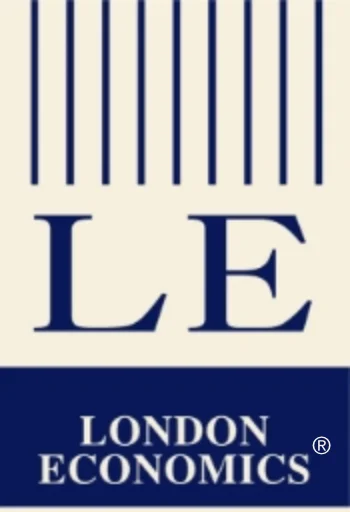Distributed Energy Resources and Energy Efficiency
Distributed Energy Resources
Over the past decade, distributed energy resources (DERs) have been increasingly used to reduce cost, address environmental mandates, strengthen power infrastructure resilience, and enhance grid stability. DERs, which include renewables, energy storage and Combined Heat and Power systems, may be attractive not only due to their flexibility (when grid-connected or integrated into microgrids) but also for their energy and cost savings attributes.
However, DERs also pose challenges for utilities and ISOs, as they may impede the ability of these institutions to maintain situational awareness, and may cause cross-subsidy issues. LEI works with utilities, project developers, and Independent Power Producers (IPPs) on a diverse set of issues ranging from rate design to strategically planning the deployment of DERs in regional markets to developing analytical frameworks for proper and effective consideration of DERs and load reduction resources in transmission planning processes to evaluating the value proposition of DERs under defined market conditions.

Most recently, LEI was engaged by a large Canadian distributor to perform a review of the growing responsibilities for distribution control centers (DCCs), in particular due to the growth of DERs. LEI examined different jurisdictions with high DER penetration, performed research on utilities with backup DCCs, and conducted economic analysis on the justification for backup DCCs.
Similar engagements have been carried out for numerous transmission projects across New England.
Energy Efficiency and Demand Response
Over the years, LEI has developed a multi-faceted approach underpinned by a rigorous analytical framework to survey and evaluate the supply chain capabilities of energy efficiency and demand management in North America. LEI provides support to utilities, planning entities, and industrial customers on various aspects of load management or energy efficiency programs ranging from integrating energy efficiency in system planning to evaluating market opportunities (for industrial customers) to provide load reduction services.

LEI was hired by a large industrial customer to evaluate opportunities to provide demand response services and participate in the energy markets in Alberta, Canada. As part of this engagement, LEI conducted extensive case studies on how similar loads are compensated in other markets and developed recommendations on adequate market design that could accommodate adequate compensation for demand response in the province.
